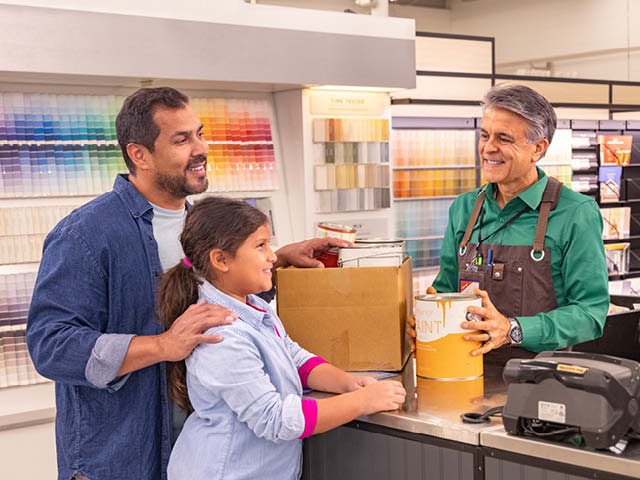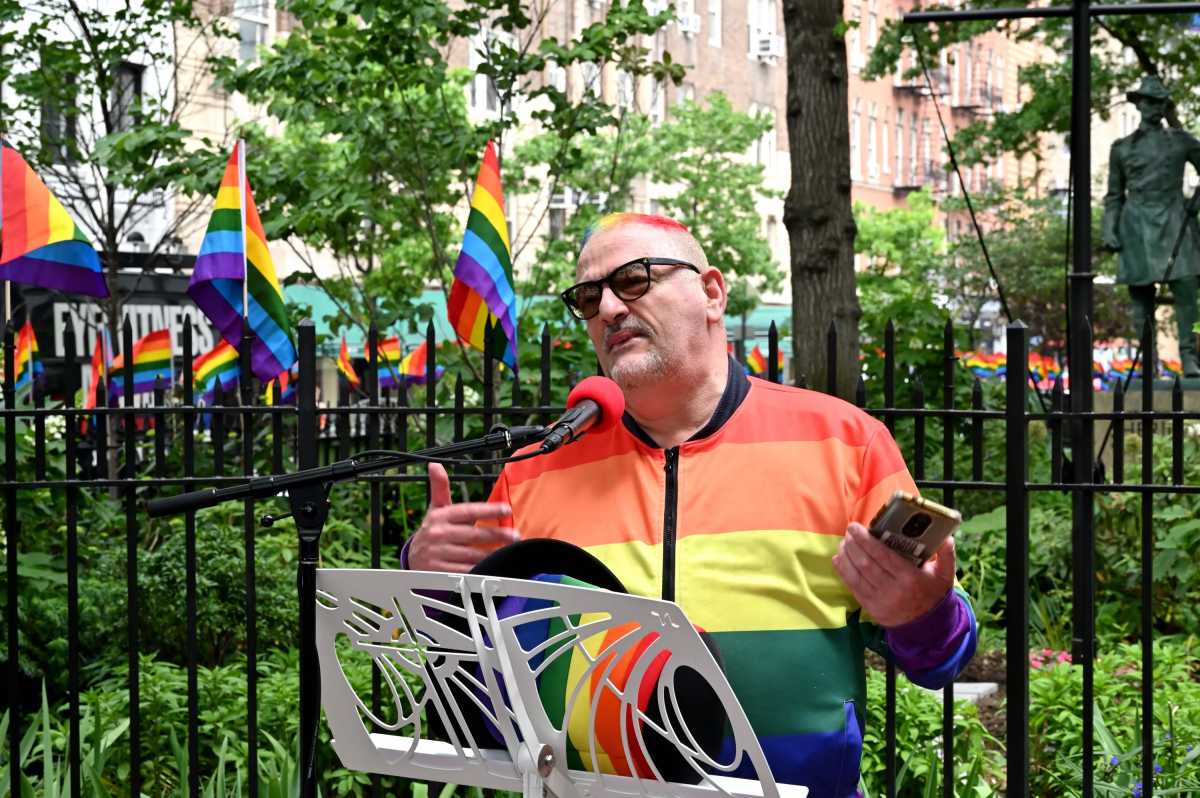In an uncertain economy, there’s reassurance in knowing that a significant number of small to medium-sized businesses are remaining steadfast in prioritizing their sustainability goals. A recent survey commissioned by QuickBooks indicated that 95% of U.S. small business owners believe environmental sustainability is important to the future of the economy; and recent studies have revealed a majority of consumers now look to patronize companies who implement and operate sustainable practices.
And it’s not just sustainability-specific measures that are earning overwhelming approval. According to the U.S. Chamber of Commerce, 91% of small businesses believe in giving back to their local communities, with 93% having taken specific actions such as encouraging employees to shop locally, donating to charities, or sponsoring local events.
This real and reciprocal relationship between company and consumer is an opportunity that larger centralized companies don’t always have. Small businesses, through their work and engagement with customers, are woven into the fabric of their neighborhoods, and when they give back—whether through charitable work, environmental stewardship, and more—they become community anchors, quietly powering sustainability with their actions and interactions.
Environmental efforts foster stronger relationships between companies and their local communities. Sustainability initiatives and social outreach can boost brand image and build consumer loyalty. Consumers want to stand with the purveyors they patronize, especially locales within their communities. Sincere efforts to improve these regions—both within business operations and with the relationships formed outside company doors—builds a bond beneficial to both sides.
How businesses choose to show their sustainability commitment is up to them—but it could start with something as simple as engaging in recycling programs.
In New York State, more than 360 hardware and paint retail stores and government facilities are championing sustainability and community responsibility by partnering with PaintCare, a nonprofit that facilitates paint recycling across the U.S. Together, they are making it easier than ever for their customers to responsibly dispose of leftover paint at retailers and other local businesses that have volunteered to be a drop-off site.
Now, more than 95% of New York residents live within 15 miles of a drop-off site thanks to those business leaders who have joined the cause.
This collaboration has led to tremendous results. Since PaintCare entered New York in 2022, the program has collected more than two million gallons of leftover household paint, stain, and varnish from households and businesses, and ensured the material is reused, recycled into new paint, or disposed of properly to minimize environmental impact. In the wake of these accomplishments, neighborhood hardware stores throughout NY State continue to join the PaintCare program as a way to deepen connections with their customers and their local communities.
This may seem like a simple act of collaboration. But when business and community leaders come together toward sustainability and community betterment, it can drive a large-scale environmental impact.
That’s a goal we can all get behind.
Andrew Radin is the New York State Program Manager for PaintCare. Prior to joining PaintCare, Andrew served as the Director of Recycling and Waste Reduction for the Onondaga County, NY, Resource Recovery Agency. Radin has been active in the product stewardship movement in NY State, serving on the Board of Directors of the NY Product Stewardship Council, the Product Stewardship Institute, and the NY State Association of Reduction, Reuse and Recycling.





































